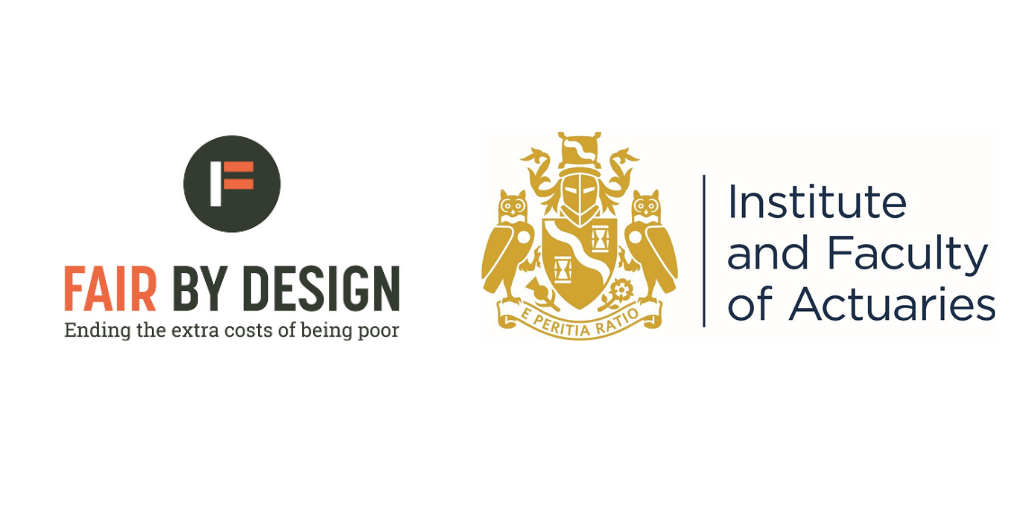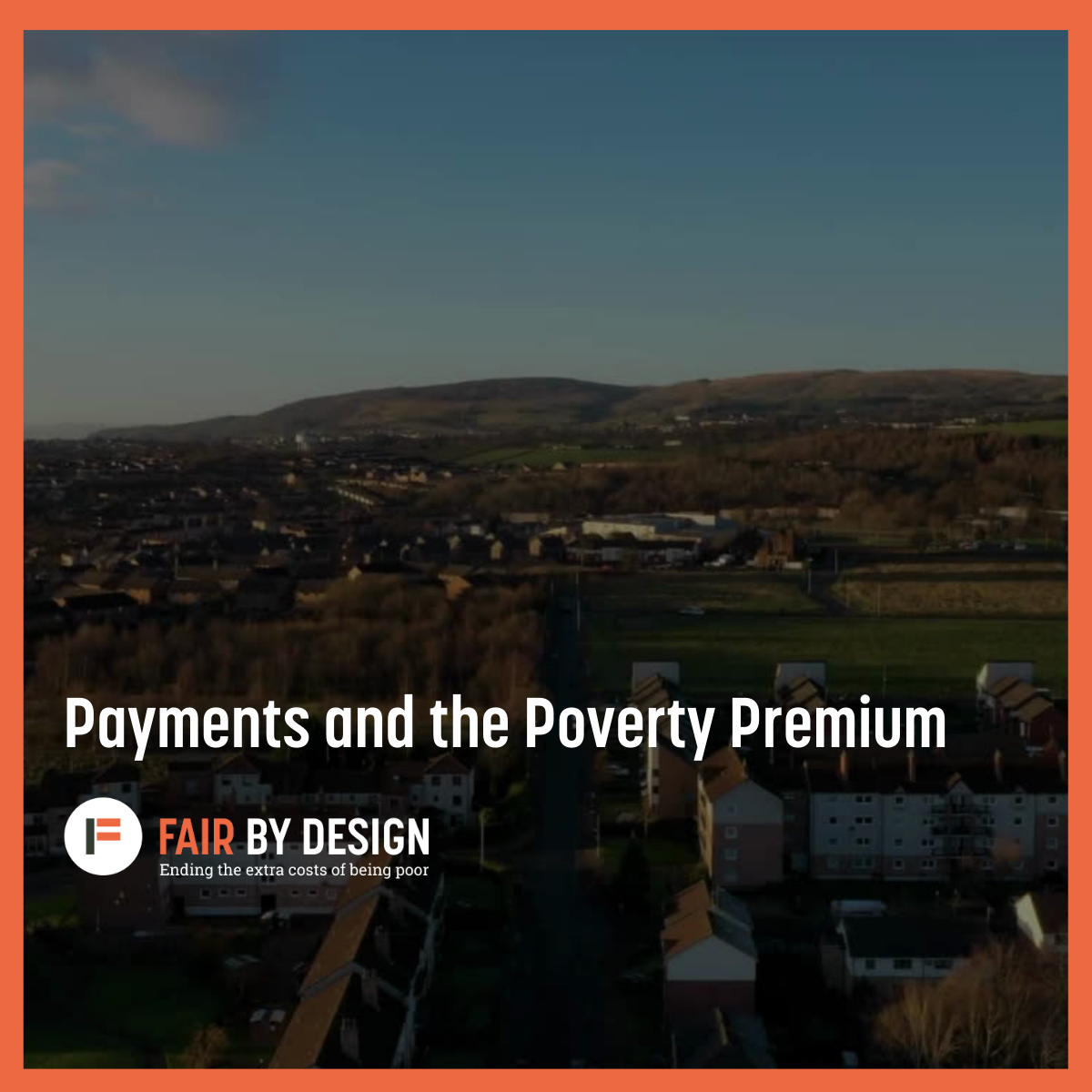
Fair By Design (FBD) and the Institute and Faculty of Actuaries (IFoA) are collaborating on a research project to better understand the causes, extent and impact of the poverty premium in the insurance sector. The final report, to be published later this year, will describe the key problems experienced by low income consumers, and their causes. It will also make recommendations for regulators, policymakers and industry.
Low income households are less likely to have insurance to protect them from financial shocks such as ill health; burglary; or a household appliance breaking down. The cost of purchasing insurance often acts as a barrier. Insurance is often more expensive for low income households for a range of reasons including being seen as higher risks or living in areas seen as higher risk. There is also a link between low income and wider vulnerabilities such as a long term illness and having a disability. This will often increase affordability issues in areas such as income protection, critical illness and health and travel insurance. A a result, people are paying more because they are poor and/or vulnerable. They are also less likely to switch so end up paying a loyalty penalty, and are more likely to pay by more expensive methods. Low income households are also likely to have a reduced capacity to replace or repair uninsured goods or belongings – over 7 million adults in the UK have less than £1,000 in savings. Often they may have no other choice than to use solutions that are more costly in the long run, such as credit.
This partnership project will identify the causes of the poverty premium within the insurance sector – and the solutions to address it.
Martin Coppack, Director at Fair By Design, said:
“I am excited to be working with the Institute on this worthwhile initiative. Never has there been a more appropriate time to make sure everyone has access to the protection they and their families need. The irony is that those who need protection the most are often the least able to afford it. We have to find a better way.”
Read Faye Alessandrello, Policy Manager at IFoA’s blog here.





